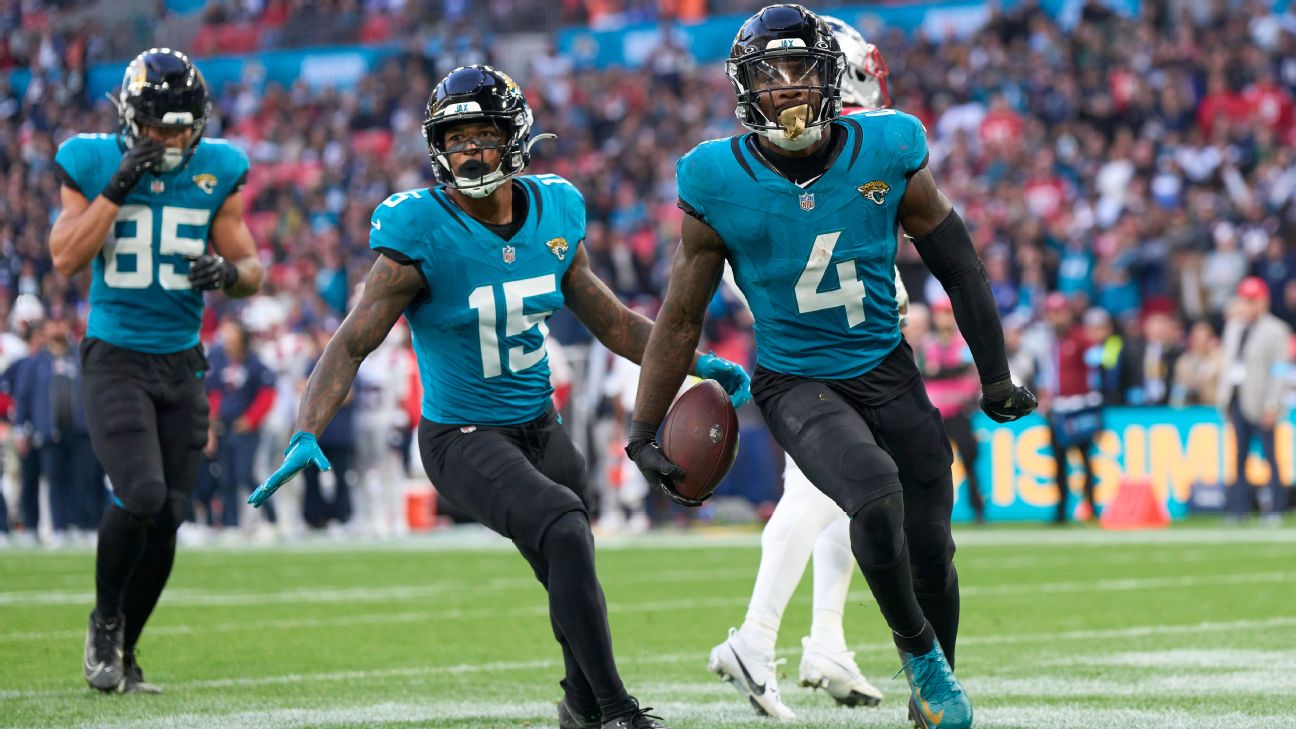
South Korea Demands Immediate Withdrawal of North Korean Troops from Russia
In a significant diplomatic move, South Korea has urgently called for the immediate withdrawal of North Korean troops from Russia, amidst rising concerns that these soldiers are being trained to engage in the ongoing conflict in Ukraine. This escalation comes after reports from South Korean intelligence suggesting that around 1,500 North Korean soldiers, including elite special forces units, have already arrived in Russia, raising alarms in Seoul regarding the implications for regional and global stability.
During a formal meeting with the Russian ambassador, Georgiy Zinoviev, South Korea's Vice Foreign Minister, Kim Hong-kyun, expressed strong disapproval of the troop deployment, stating that it poses a serious threat not only to South Korea but also to the international community. He emphasized that Seoul is prepared to take all necessary measures to counter this development. While Ambassador Zinoviev acknowledged the concerns raised by South Korea, he maintained that the cooperation between Moscow and Pyongyang falls within the bounds of international law, leaving many unanswered questions about the nature of this collaboration.
Also Read:- Aisling Bea's Hilarious Take on Current Events Shines on 'Have You Been Paying Attention?'
- Injury Update: Jaguars' Travis Etienne Faces Hamstring Setback
The current situation marks a troubling chapter in the already tense relations on the Korean Peninsula and beyond. South Korea has long accused North Korea of supplying military equipment and weapons to Russia for use in Ukraine, but this recent development indicates a potentially deeper involvement of North Korean forces in the conflict. Some South Korean media outlets have speculated that as many as 12,000 North Korean soldiers could ultimately be deployed, amplifying fears that this could lead to a substantial escalation in military activities.
The partnership between North Korea and Russia has been solidified following a security pact signed between their leaders, Vladimir Putin and Kim Jong-un, back in June. Under this agreement, both nations pledged mutual support in the event of any perceived aggression against either state. Recently, Putin introduced legislation to ratify this pact, underscoring the seriousness of their military cooperation. This is further compounded by comments from NATO Secretary-General Mark Rutte, who noted that North Korea’s military involvement in Russia would signify a notable escalation in the ongoing conflict, prompting South Korean President Yoon Suk Yeol to advocate for concrete countermeasures from NATO allies.
As the international community grapples with the implications of this unfolding situation, British Foreign Minister David Lammy, during a visit to Seoul, condemned Russia's actions as reckless and illegal, promising cooperation with South Korea to address the threats posed by these military maneuvers. Similarly, the United States and Japan have voiced their concerns regarding the deepening military ties between North Korea and Russia.
In the midst of these developments, China has called for de-escalation and a political solution to the Ukraine crisis, highlighting the complexity of international relations as they pertain to the ongoing conflict. Some defense experts have warned that North Korea’s involvement could lead to increased international pressure on both North Korea and Russia, resulting in heightened sanctions. However, there are also concerns about the practical challenges of integrating North Korean troops into Russian military operations, given the potential language barriers and lack of recent combat experience among North Korean soldiers.
So, the deployment of North Korean troops in Russia represents a dramatic escalation in the geopolitical landscape, with far-reaching implications for not only the Korean Peninsula but also for global security. As tensions rise, the response from the international community will be crucial in determining the course of these developments and the potential for renewed conflict.
Read More:

0 Comments